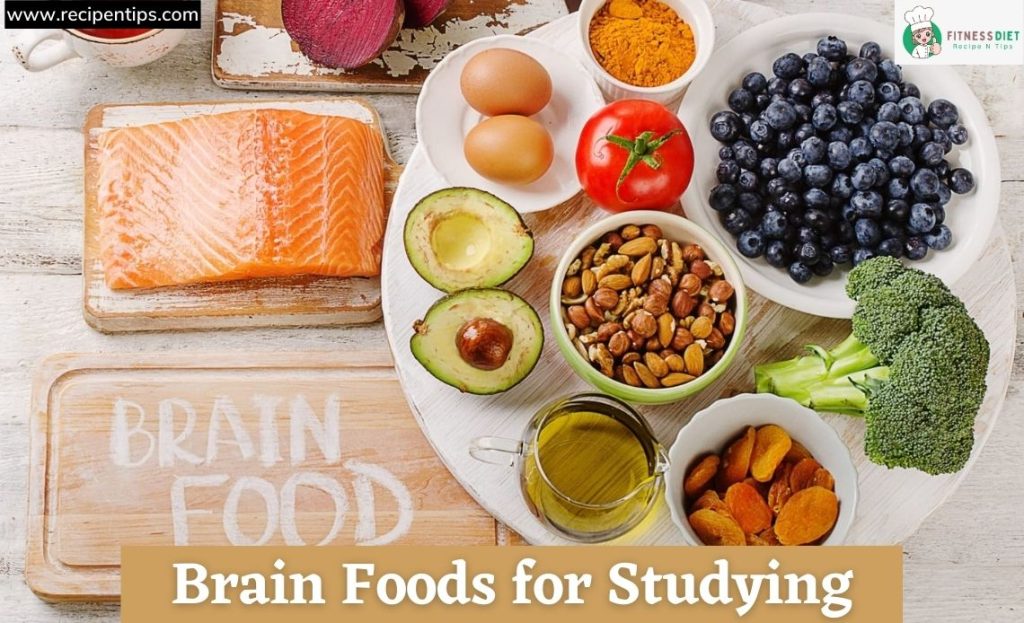Improve your memory and concentration by improving blood flow to your brain
“What can I do to improve my studying for exams?” I asked my mother.
“Well, you could try some brain foods.” My mom said with a smile. “Some of the best brain foods for studying are blueberries, salmon, and eggs.”
Mine widened in excitement. “Really? That sounds great! I’ll have to try that out.” I said.
The next day, I brought a few blueberries. I munched on them while I studied and found that I was able to focus better and remember more information. I was so happy with the results that I continued eating blueberries every day leading up to my exams. And sure enough, I did great on all of them!
Brain Foods for Studying
Eating “brain foods” has become a popular method for students to improve their focus, recall, and general productivity when studying.
Foods such as walnuts, salmon, blueberries, eggs, spinach, and dark chocolate are great sources of healthy fats and antioxidants that help trigger certain biological processes in the brain to increase cognitive function.
When combined with adequate study time and restful nights of sleep, eating the right kind of food can give the student an extra edge while taking on whatever academic challenge they may face.
Types of Brain Foods
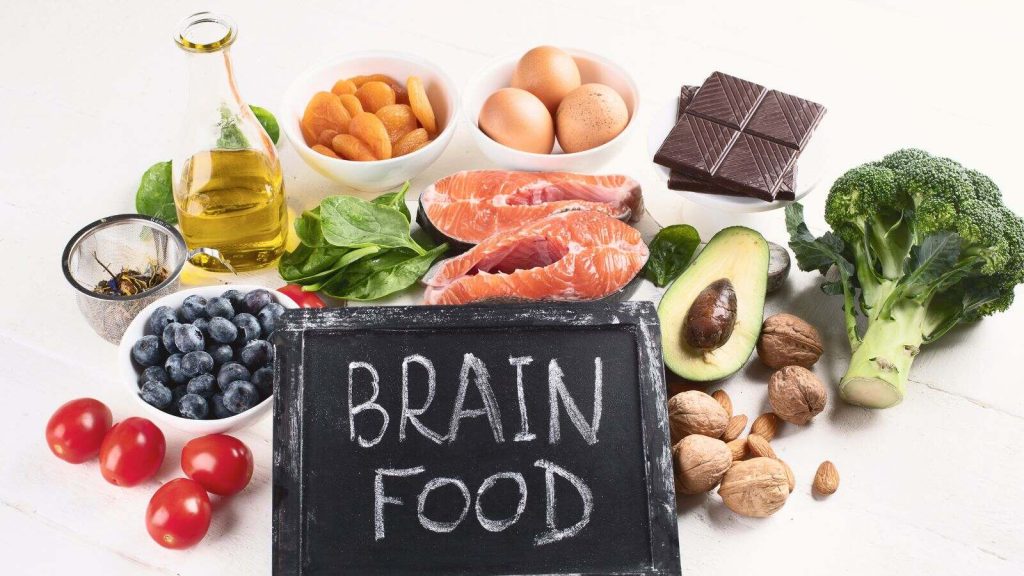
1. Blueberries
Blueberries are a type of brain food that can help to improve memory and cognitive function. Blueberries are rich in antioxidants and phytochemicals, which are believed to promote brain health.
Additionally, blueberries have been shown to improve communication between the left and right sides of the brain.
2. Salmon
Salmon is a type of brain food that can help to improve memory, cognitive function, and mood. Salmon is rich in omega-3 fatty acids, which are essential for brain health. Additionally, salmon is a good source of protein and B vitamins, both of which are important for cognitive function.
3. Nuts
Nuts are a type of brain food that can help to improve memory and cognitive function. Nuts are a good source of vitamin E, which is an important antioxidant for brain health. Additionally, nuts contain omega-3 fatty acids, which are essential for cognitive function.
4. Eggs
Eggs are a type of brain food that can help to improve memory and cognitive function. Eggs are a good source of choline, a nutrient that is important for memory and learning. Additionally, eggs contain B vitamins, which are important for cognitive function.
5. Dark Chocolate
Dark chocolate is a type of brain food that can help to improve memory and cognitive function. Dark chocolate is rich in antioxidants and flavonoids, which are believed to promote brain health.
Additionally, dark chocolate has been shown to improve blood flow to the brain, which is important for cognitive function.
6. Green Tea
Green tea is a type of brain food that can help to improve memory and cognitive function. Green tea is rich in antioxidants and polyphenols, which are believed to promote brain health.
Additionally, green tea has been shown to improve blood flow to the brain, which is important for cognitive function.
7. Avocados
Avocados are a type of brain food that can help to improve memory and cognitive function. Avocados are a good source of monounsaturated fats, which are important for brain health. Additionally, avocados contain vitamins E and K, both of which are important for cognitive function.
8. Broccoli
Broccoli is a type of brain food that can help to improve memory and cognitive function. Broccoli is rich in antioxidants and phytochemicals, which are believed to promote brain health. Additionally, broccoli contains vitamins K and C, both of which are important for cognitive function.
Benefits of Brain Foods
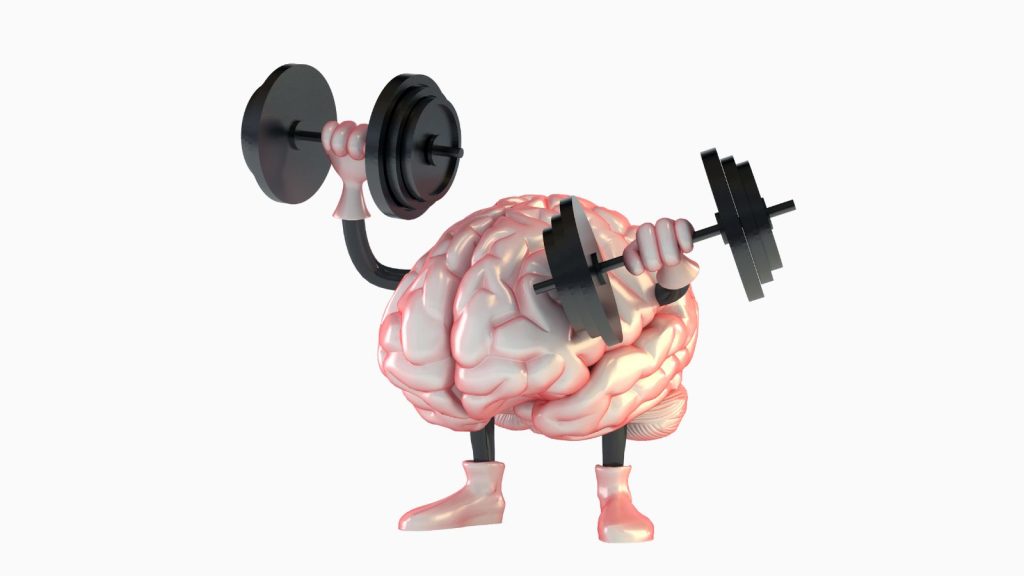
We all know that eating healthy is important for our physical well-being. But did you know that what you eat can also impact your brain health? That’s right – the food you consume can affect your memory, focus, and overall cognitive function.
So if you’re looking to boost your brainpower, be sure to incorporate some of these “brain foods” into your diet!
Brain Foods for Improved Memory
Eating certain foods can be a great way to boost your brain power, leading to improved mental performance and even better memory.
Certain healthy snacks contain essential nutrients to help keep cognitive function at its peak.
Studies have also shown that dark chocolate, fish rich in omega-3 fatty acids, and avocados all contain vitamins or minerals that can increase cognitive performance. Eating a well-balanced diet with brain-boosting food items is an easy way to sharpen up your memory and get the most out of your day.
Brain Foods for Concentration
When it comes to focusing and concentration, what you eat can make all the difference. The nutrients in food influence the health of your brain and certain foods have been shown to boost cognitive function.
For instance, omega-3 fatty acids are essential for proper brain development and have been linked to improved memory and cognition. Blueberries are also a brain-friendly food, as they contain antioxidants that protect cells from damage.
In addition, camel milk has been shown to improve learning and memory in rats, and ginkgo Biloba is a popular herbal supplement that is sometimes taken to improve cognitive function.
Supplements to Enhance Performance
Many athletes turn to supplements in an effort to enhance their performance. However, the effectiveness of these supplements is often debated. Some common supplements include protein powders, Creatine, and caffeine pills.
Protein powder is usually taken in the form of a shake, and it is intended to help athletes build muscle mass. Creatine is a substance that is naturally found in the body, and it is often taken in supplement form in order to increase energy levels.
Caffeine pills are intended to improve alertness and focus. While there is some evidence that these supplements can be helpful, it is important to remember that they should not be used as a replacement for healthy eating and proper exercise.
Supplements should only be used as an addition to a well-rounded training program.
Tips on Eating Smart During Exams

1. Get enough sleep:
One of the most important things you can do to eat well during exams is to make sure you’re getting enough sleep. When you’re well-rested, you’re more likely to have the energy to cook yourself a nutritious meal or grab something healthy on the go. Aim for at least 7-8 hours of sleep each night.
2. Eat breakfast:
Starting your day with a nutritious breakfast will give you sustained energy throughout the day. Choose foods that are high in protein and fiber, such as eggs, oatmeal, or whole-grain toast. Avoid sugary cereals or pastries, which will give you a quick burst of energy followed by an inevitable crash.
3. Pack your snacks:
If you’re going to be stuck in the library all day studying, it’s important to pack your snacks, so you don’t get hungry (and make poor food choices as a result).
Choose nutrient-rich snacks like fruits and vegetables, yogurt, nuts, or whole-grain crackers. And make sure to stay hydrated by packing a water bottle too!
4. Take breaks:
It’s important to take breaks while you’re studying so that you don’t get overwhelmed or burnt out. During your break, take the time to eat a healthy snack or meal so that you can refuel your body and mind. A quick walk outside for some fresh air can also do wonders for your concentration levels.
5. Avoid processed foods:
Processed foods are often high in sugar, salt, and unhealthy fats, which can leave you feeling sluggish and unfocused. When possible, try to avoid processed foods and opt for whole, unprocessed foods instead. This includes things like fruits and vegetables, lean proteins, whole grains, and healthy fats.
6. Limit caffeine:
While a cup of coffee may give you the jolt of energy you need to power through your studies, too much caffeine can actually have the opposite effect by making you feel anxious and jittery.
Stick to one cup of coffee or tea per day, and avoid energy drinks altogether. If possible, try to consume caffeine earlier in the day, so it doesn’t interfere with your sleep at night.
7. Avoid alcohol:
Alcohol may seem like a good way to relax after a long day of studying, but it can actually dehydrate your brain and make it harder to retain information. If you do choose to drink alcohol during exams, be sure to do so in moderation and drink plenty of water too.
Tips for Eating Healthy

1. Eat plenty of fruits and vegetables
Fruits and vegetables are an important part of a healthy diet. They are low in calories and fat and high in fiber. Eating a diet rich in fruits and vegetables can help you lose weight, lower your cholesterol levels, and reduce your risk of developing some chronic diseases such as heart disease, stroke, and cancer.
2. Choose whole-grain foods
Whole-grain foods are made with the entire grain kernel, including the bran, germ, and endosperm. They are a good source of fiber, vitamins, minerals, and antioxidants.
Eating whole-grain foods can help you lose weight, lower your cholesterol levels, and reduce your risk of developing some chronic diseases such as heart disease, stroke, and cancer.
3. Limit your intake of saturated and trans fats
Saturated fats are found in animal products such as meat and dairy products. Trans fats are found in processed foods such as cookies, crackers, and cakes. Both types of fat can raise your cholesterol levels and increase your risk of developing heart disease.
4. Eat lean protein sources
Lean protein sources include chicken, fish, tofu, legumes, and eggs. They are low in saturated fat and calories and high in nutrients such as iron and zinc.
Eating lean protein can help you lose weight, build muscle, and reduce your risk of developing some chronic diseases such as heart disease and cancer.
5. Drink plenty of water
Water is essential for good health. It helps to keep your body hydrated and functioning properly. Drinking plenty of water can help you lose weight, improve your skin complexion, and reduce your risk of developing some chronic diseases such as kidney stones and urinary tract infections.
Meal Prep Strategies
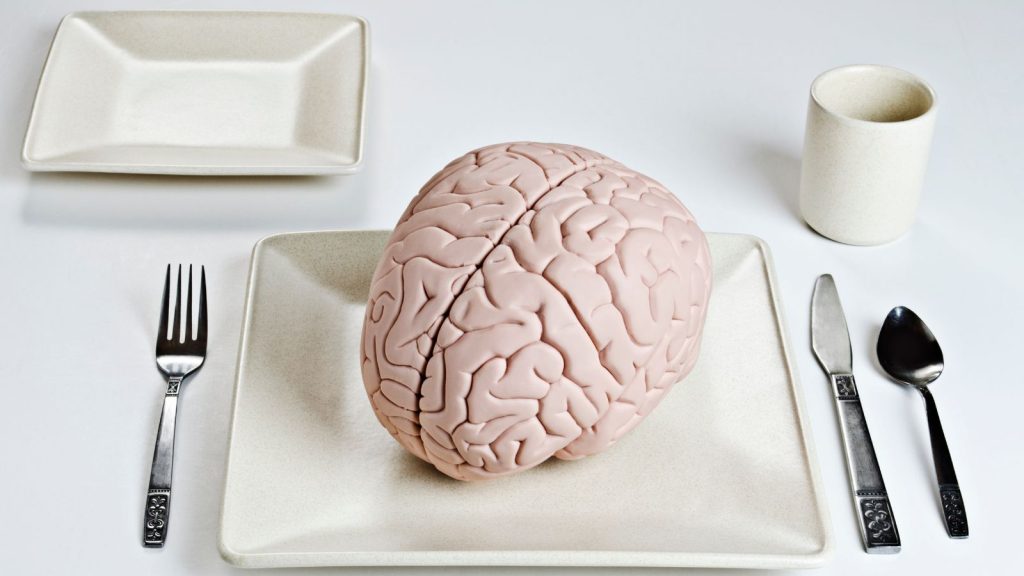
1. Get organized
The first step to meal prepping is to get organized. Make a list of the recipes you want to make for the week, and then create a grocery list. Once you have all of the ingredients, you can start prepping your meals.
2. Choose simple recipes
When meal prepping, it’s important to choose simple recipes that won’t take too much time or effort to make. Opt for recipes that only require a few ingredients, and that can be easily made in bulk.
3. Use the right equipment
Having the right equipment will make meal prepping a lot easier. Invest in some good quality storage containers so you can easily store your prepared meals. You might also want to invest in a slow cooker or an Instant Pot, which can help you cook meals quickly and easily.
4. Prepared meals ahead of time
One of the best ways to save time when meal prepping is to prepare your meals ahead of time. Cook big batches of food on the weekends and then portion them out into individual servings for the week. This way, all you have to do during the week is reheat your meals.
5. Make use of leftovers
Another great way to save time when meal prepping is to make use of leftovers. If you have leftover cooked chicken or rice, for example, you can easily turn them into a new dish by adding some additional ingredients.
6. Use shortcuts
There’s no shame in taking shortcuts when meal prepping. If you don’t have time to cook everything from scratch, you can always use shortcuts like frozen vegetables or pre-cooked meats. These ingredients can be just as healthy as fresh ingredients, and they’ll save you a lot of time in the kitchen.
7. Batch cook
Batch cooking is another great way to save time when meal prepping. When batch cooking, you cook multiple servings of a recipe at once and then portion them out into individual servings for the week. This is a great way to make sure you always have something healthy and delicious to eat during the week.
8. Meal prep with friends or family
Meal prepping with friends or family can be a great way to save time and money. When you meal prep with others, you can cook larger batches of food and then split up the cost and labor involved in preparing the meals.
Which food is good for the brain when studying?
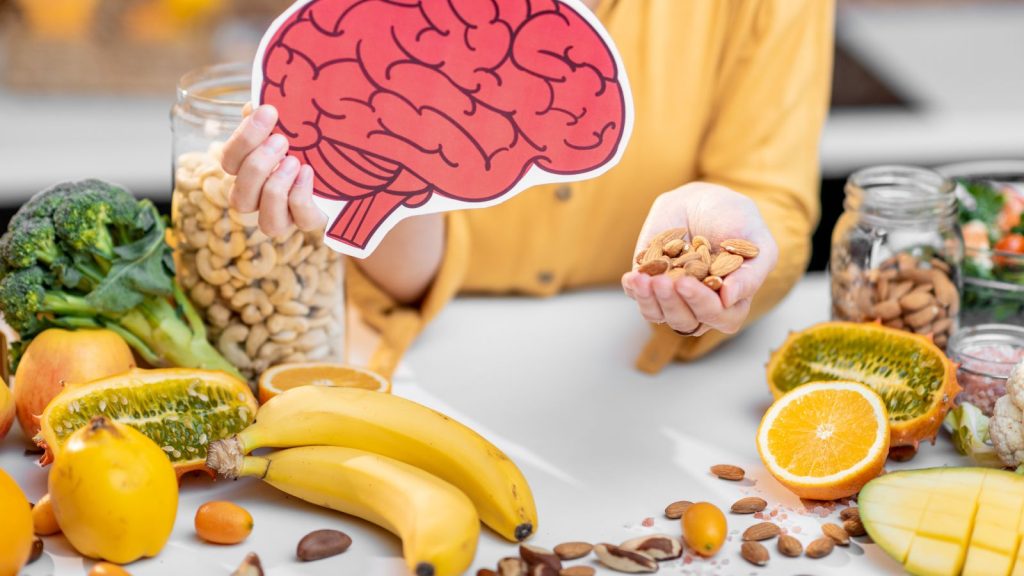
Certain foods have been shown to boost brain power and improve cognitive function. One such food is fish. Fish is high in omega-3 fatty acids, which are essential for healthy brain development.
Studies have shown that omega-3s can improve memory, reduce inflammation, and even protect against age-related cognitive decline. Another Brain-boosting food is blueberries. Blueberries are rich in antioxidants, which help to protect cells from damage.
They also contain compounds that improve communication between neurons. In addition, blueberries have been shown to increase levels of BDNF, a protein that promotes the growth of new nerve cells.
How can I increase my brain for exams?
As any student knows, exams can be a daunting prospect. The pressure to perform well can be overwhelming, and the material to be covered can seem endless.
However, there are a few simple steps that students can take to help increase their brain power and improve their chances of success on exams.
- First, they should make sure to get plenty of rest the night before the exam.
- Second, they should eat a healthy breakfast on the day of the test to fuel their brains.
- Third, they should review the material thoroughly beforehand and make a study schedule to ensure they understand everything.
- Finally, they should take breaks during their studies to avoid burnout.
By following these simple tips, students can give themselves a better chance of performing well on exams.
What food is best for exams?
A nutritious diet is essential for maintaining focus and energy levels during exams, but with so much on their plate, students may not have the time or inclination to cook healthy meals. Here are some quick and easy recipes that will give students the nutrients they need to ace their exams.
For a quick breakfast, try overnight oats. Simply combine rolled oats, milk, yogurt, fruit, and nuts in a jar and leave it in the fridge overnight. In the morning, grab your oatmeal on the go. If you’re feeling extra lazy, you can even make overnight oats in a microwave-safe mug.
Another great option for breakfast or a snack is chia pudding. Simply combine chia seeds and milk in a ratio of 1:4, add some flavorings like honey or cocoa powder, and let it sit for about 15 minutes to thicken. Chia pudding can be made ahead of time and stored in the fridge for up to 5 days.
For a healthier version of takeaway food, try sweet potato wedges. Cut sweet potatoes into wedges, drizzle with olive oil and your favorite spices, and bake in a preheated oven at 200 degrees Celsius for 25-30 minutes.
Sweet potato wedges are a great source of complex carbohydrates, which help to sustain energy levels throughout the day.
What to drink when studying for exams?
Water is always a good choice, but if you’re looking for something with a little more staying power, try some of these options.
- First, there’s coffee. A cup of coffee can help you to feel more alert and focused, and it can also give you a much-needed energy boost. Just be sure to limit yourself to one or two cups, as too much caffeine can actually have the opposite effect.
- If coffee doesn’t appeal to you, try tea instead. Tea contains caffeine, but it also has L-theanine, an amino acid that can promote calmness and focus. Green tea is a particularly good choice for studying, as it’s been shown to improve memory and reaction time.
- Finally, there’s chocolate milk. Chocolate milk may seem like an odd choice for studying, but it’s actually a great source of antioxidants and other nutrients that can help improve cognitive function. Plus, the sugar in chocolate milk can give you a quick energy boost when you need it most.

